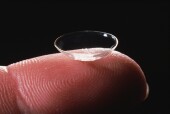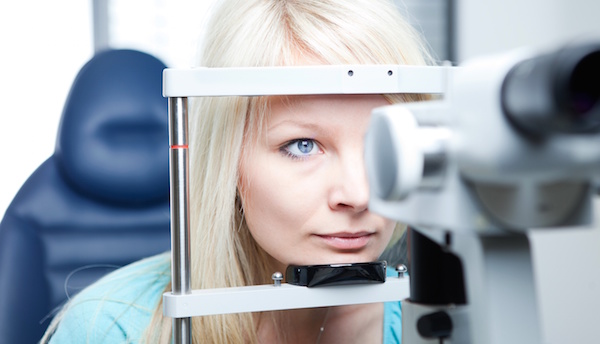
FRIDAY, Aug. 15, 2014 (HealthDay News) — When children ask if they can have contact lenses, parents need to carefully consider the pros and cons, an expert says.
“They can be better for sports activities, because they don’t break as frames and the lenses of glasses can, and they provide better peripheral vision for sports, or driving, if your teen is of driving age,” Bernard Lepri, an optometrist at the U.S. Food and Drug Administration, said in an agency news release.
In some cases, contact lenses improve vision more than eyeglasses, especially in children who are very nearsighted, he said.
But parents also need “to remember that contact lenses are medical devices, not cosmetics,” Lepri said. “Like any medical device, contact lenses should be used only if they can be used safely and responsibly. And only under the supervision of your eye care professional.”
Serious eye injuries can occur if contact lenses are not removed at the first sign of a problem, Lepri said.
Contact lenses account for about one-fourth of the more than 70,000 childhood injuries and complications from medical devices treated each year in U.S. emergency departments, according to a 2010 study in the journal Pediatrics.
In most of those cases, problems arose because of poor hygiene and irresponsibility, Lepri said.
“Eye care professionals typically don’t recommend contacts for kids until they are 12 or 13, because the risks are often greater than the benefits for younger children,” Lepri said.
“But age isn’t the only issue — it’s also a question of maturity,” he added.
When considering whether a child should have contacts, parents need to assess how well the youngster handles other responsibilities, especially personal hygiene. “It takes vigilance on the part of the parents. You need to constantly be looking over your child’s shoulder to make sure they are properly caring for their lenses,” Lepri said.
More information
The American Academy of Pediatrics has more about children and contact lenses.
Copyright © 2026 HealthDay. All rights reserved.

